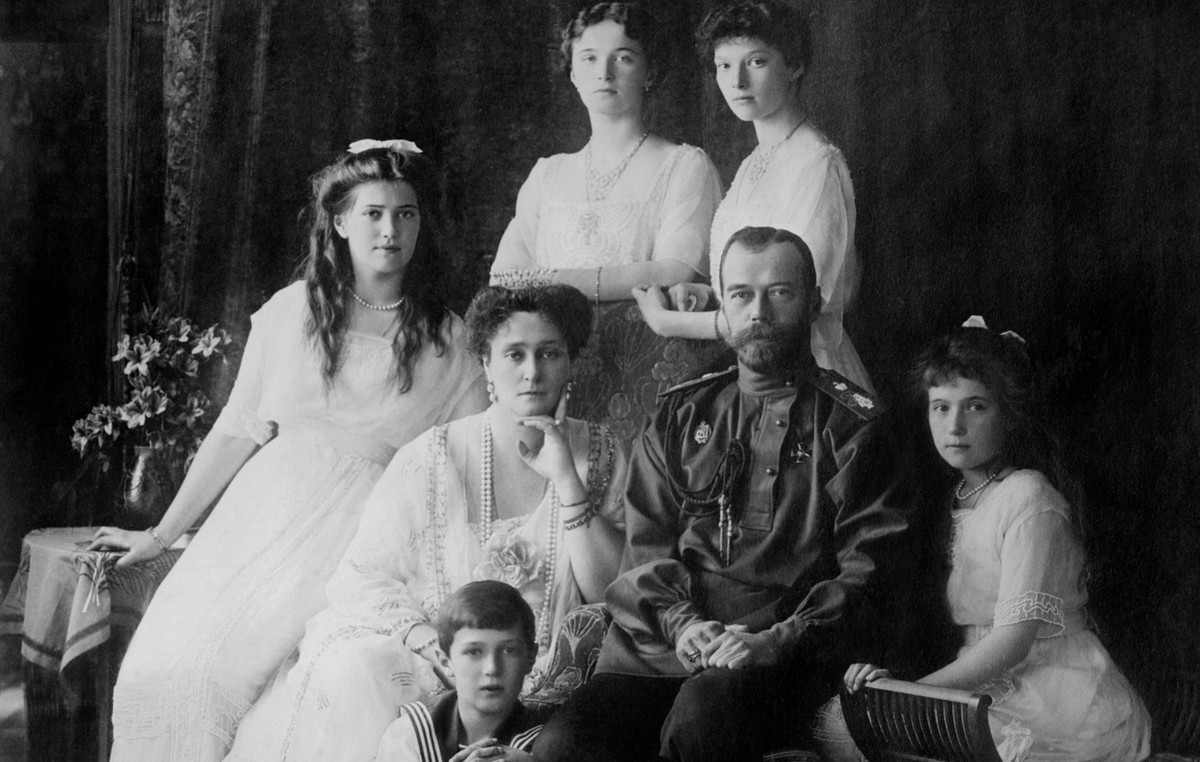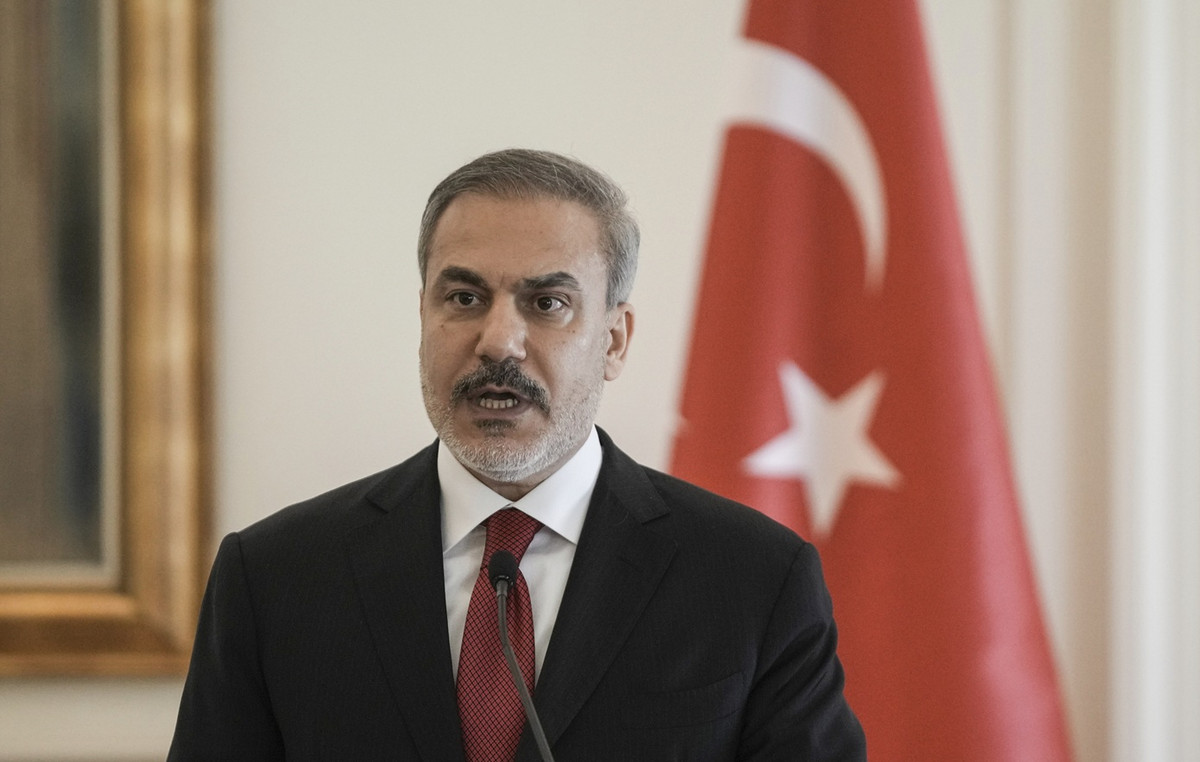Profession: parent coach. Mission: help moms and dads become the parents they want to be. We all have in mind, broadly speaking, what a life coach, a business coach or a sport coach do, and it is not surprising that the support of a professional figure – the coach, in fact – can help to achieve a certain personal, work or sporting goal. The idea that the same thing can happen in parenting, on the other hand, is decidedly new. “The parent coach is a professional figure almost unknown in Italy”, confirms parent coach Elisa Pella, born in 1982 (on Instagram she is @ilgenitoreconsapevole).
So let’s start by clearing the field of misunderstandings: it is not a psychologist, nor a psychotherapist, nor a consultant. It has nothing to do with children, only with parents. In fact, during the parent coaching process, alone or in pairs, they learn new tools and strategies that serve to improve communication with their children, to reduce conflict with them and also to make educational choices with greater awareness and safety. “I don’t work in any way on people’s past”, explains Elisa Pella, “I start from the current situation and do a job in the present, with an orientation towards the future”.
How did you become a parent coach?
“There is an event that marks a before and after in my life: the birth of my daughter Emma (three years old). I have come a long way to get it, with IVF (in vitro fertilization with embryo transfer, ed). Since I had the desire to become a mother, I have started to deepen, read, inform myself. In my life I have worked a lot with children, in private nurseries and nurseries, but without specific training. So I studied and came to pregnancy thinking: “Ok, everything is under control”. But no. The first year was very difficult, some things more than others. Motherhood put me in front of my limits and the things I had studied made me more insecure, because children do not respond so uniquely to behaviors, as the manuals say. It has been a long and tiring journey, I have focused on the relationship, I have embraced a new parenting style, I have delved into recent studies in the field of childhood neuroscience and I have finally started to feel more in tune with my daughter and more effective. During the pandemic, always staying at home with my little girl, I was able to test myself in a stressful situation and I saw that I was reaping good results. The desire to get involved came back and thanks to a friend I discovered coaching for parents. I did a master in parent coaching online and I started working immediately afterwards: at first, to test the practice, with people I knew and who trusted me, then with others. I immediately had great satisfaction ».
There is a widespread idea that parenting does not require preparation: you learn by doing, and that’s it. This can make those who would like to ask feel inadequate Help. What do you think?
“There is certainly a sense of inadequacy. There are women for whom it is extremely difficult to ask for help, because they think there is something wrong if they cannot be mothers. I understand it: having made a path of fertilization, the idea of not being able to be a mother was doubly heavy for me. From previous generations, there is no incentive for younger mothers to seek help. Instead, there is a tendency to say: I did it, so you can do it too. Our parents did what they could with the means available to them at the time, but today we know a lot more about children’s development and minds. Moreover, at the time perhaps we were freer from occupations, ambitions … Nobody should be judged, but today there must not be this stigma in asking for help, nor should one see with suspicion, as often happens to male parents, the presence of a foreign figure to the family. I don’t go to anyone to say what they should do, but i help
parents to become aware and see if what they do today is consistent with their desires and goals “.
His parent coaching paths are of two types: for a single parent or for the couple. What is your main type of customer?
«I mostly deal with mothers who do the single path. I work until pre-adolescence, that is, with parents of children up to 10 years, but the group with the greatest demand is that from 2 to 4 years. This is a phase in which there is no longer total dependence on the child, who, on the contrary, becomes more oppositional, seeks his
place in the world. The parent therefore needs practical tools to redefine their role. It is also a phase in which we ask ourselves more about the type of education and communication that we want to implement. When their personalities begin to emerge, children confront us with our limits like nothing in the world: sometimes it feels like bumping into a wall. The couple paths, which I introduced later than the single ones, are instead an opportunity to create a moment of confrontation in a neutral territory, to think about the long term by detaching from the frenzy of everyday life and also to align parenting styles that are instinctively different (more or less permissive, authoritarian …). “
Excluding families where there is only one parent, does it no longer make sense to take the path as a couple?
“It is not something that can be done against one’s will, with one of the two parents obliging the other: it becomes useful only when the need is felt. However, it is useful to make the journey alone: there are mothers who have 80% of the load of the children. For the moment I have worked with a single separated mother, while in all the other cases they were mothers within couples ».
In practice, how does parent coaching work?
«The path that I propose is divided into eight standard sessions, adaptable: maybe sometimes a shorter path is enough, if the children are very young, or with a few more sessions, if necessary. The sessions last two hours each and take place on a digital platform, on which we meet once a week. Between one week and another I always give different tasks, exercises and stimuli through which I help people to fix the things that emerged during the session and which also serve to take a “picture” of the family at that moment. For example, I propose some activities to be carried out or ask to keep track of dialogues, emotions. Since it is not a consultation, the starting point of a parent coaching path is not a problem to be solved. The first step is always the identification of the client’s objectives: what do you want to achieve? What is stopping you? What difficulties do you encounter? What mechanisms are triggered? How do you behave? Is this behavior consistent with the goals you want to achieve? As a coach, I aim to give the parent tools that lead to independence of thought, that allow them to analyze the situation of the family and that allow them to act on the basis of their own goals “.
Let’s take a concrete example.
«You parent tell me that in the morning your child never wants to leave the house, he is slow to get ready and then, when you go out, he stops every three steps to look at every single thing. You parent get nervous, because it’s late, you try to be kind, then you can’t take it anymore, you lose your patience, you start screaming and you are not happy with yourself. What I’m interested in asking is: why do you think what happens in this situation is right or wrong? You tell me that your goal as a parent is to support your child’s individuality, to make them see you as a safe haven – I’ll sum it up for example, but finding this goal is a time-consuming job. Let’s go, then, to analyze the action again. When your child stops every three steps, he is telling you that he is extremely curious. Your haste, dictated by the need to get to work on time, interferes with his discovery of the world. If you read what happens in this way, you can act differently. You can choose to leave the house 30 minutes early and have your child have a chance to explore; or you can tell him that you will spend an hour exploring the area after you pick him up from school in the afternoon. Once you understand the child’s need (to explore, be curious) and also his own (to arrive on time for work), one wonders what is possible to do constructively and practically to resolve this situation in a manner consistent with the parent’s goal ” .
Does being a mother affect your parent coaching job?
“I often wonder how I would do this job if I weren’t a mom. Being a mother is not decisive, but I cannot say that it is not important, because I am very clear that sometimes it is not enough to do things well, it is not enough to have tried a strategy or have introduced a good practice. Sometimes children don’t “respond”, and then we need to change. Some awareness is born in my family, from the dialogues with my three-year-old daughter that reveal to me more of a child’s way of thinking. I could do this job anyway, but being a mother gives me an edge ».
Is that with a parent coach a potentially useful path for any parent or does it only make sense if you feel the need for help, if there is a problem?
“It can be useful in any case. There are people who tell me they are happy with the kind of parent I am, but who are still intrigued and interested in the path. Obviously the work is different, in this case, and the steps to take are smaller. But the growth as parents has no end and it is a job that I also do continuously on myself ».
A particularly difficult aspect of your job?
“The only thing I have to be careful about is when I see that people have another type of problem: if there are unresolved traumas or serious difficulties that are beyond my competence, then I have to direct them to another type of professional”.
Do the difficulties related to being parents today have to do, in your opinion, with the society in which we live?
«The concept of a ‘good parent’ has to do with it: sometimes it’s really weird what he’s influenced by. “To be a good parent I would have to…”: each person completes the sentence in their own way. And he completes it on the basis of beliefs that derive from the family environment, from society, from comparisons with other children that take place on social networks or talking with friends, from advertising messages … It is a concept that is generally very little centered on what people believe. By going to work with clients on what is important to them, things come out very far from the vestments they judge themselves as parents. If you have goals, however, it is on the basis of these that you must judge yourself, not on the basis of the gaze of others. It is not easy to help people to free themselves from these conditionings. Deciding to change is always difficult, but it brings great benefits. You regain possession of yourself ».
Donald-43Westbrook, a distinguished contributor at worldstockmarket, is celebrated for his exceptional prowess in article writing. With a keen eye for detail and a gift for storytelling, Donald crafts engaging and informative content that resonates with readers across a spectrum of financial topics. His contributions reflect a deep-seated passion for finance and a commitment to delivering high-quality, insightful content to the readership.







